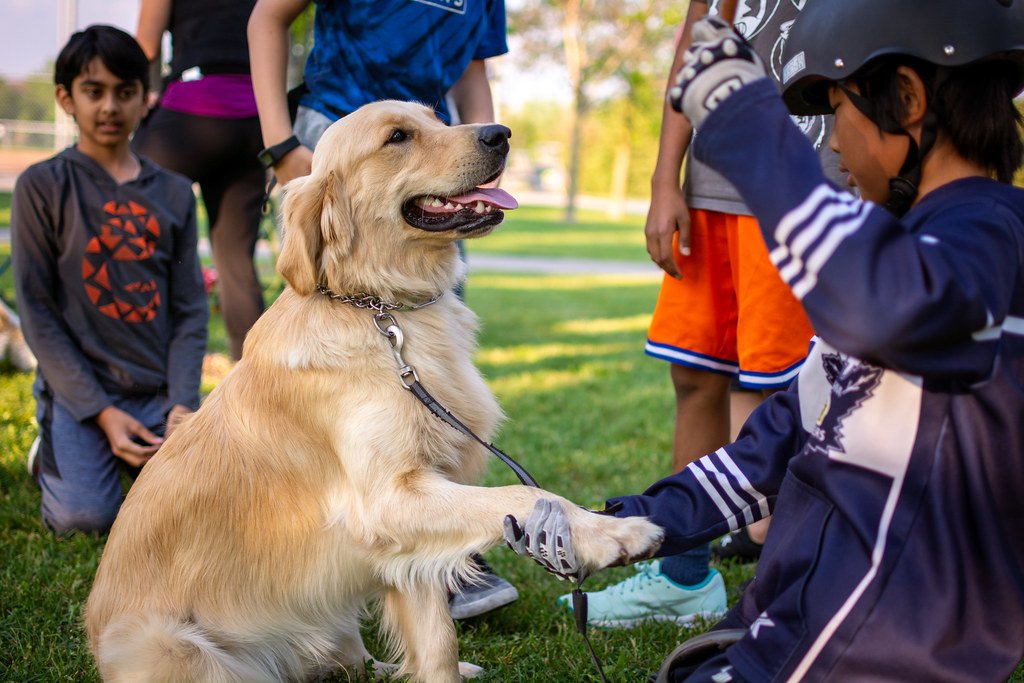Ever found yourself locked in a silent battle of wills with your four-legged friend? Maybe you’ve pleaded, bribed, or even tried reasoning with a headstrong pup who meets your every request with that classic “make me” stare. If you have, you’re not alone. Some dog breeds come with an extra dose of independence—and while that can be maddening, it’s also part of their charm. On the other paw, there are those sweet souls who practically read your mind, eager to please and quick to follow your lead. Let’s take a heartwarming (and sometimes hilarious) look at 10 famously stubborn breeds to be respected, plus 5 who’ll happily be your right-hand pup, all sprinkled with personal stories, practical advice, and a big scoop of empathy.
Bulldog: The Unstoppable Couch Potato

Bulldogs are legends in the world of stubbornness. With their wrinkled faces and determined shuffle, they have a knack for ignoring commands if they don’t see the point. Try moving a Bulldog who’s decided the walk is over—you’ll suddenly find out just how heavy they can become.
Despite their stubborn streak, Bulldogs are affectionate and love routine. If you ask them to do something new, expect to be met with a blank stare and a slow, deliberate yawn. Patience, positive reinforcement, and a sense of humor are your best tools here.
Shiba Inu: The Foxy Independent
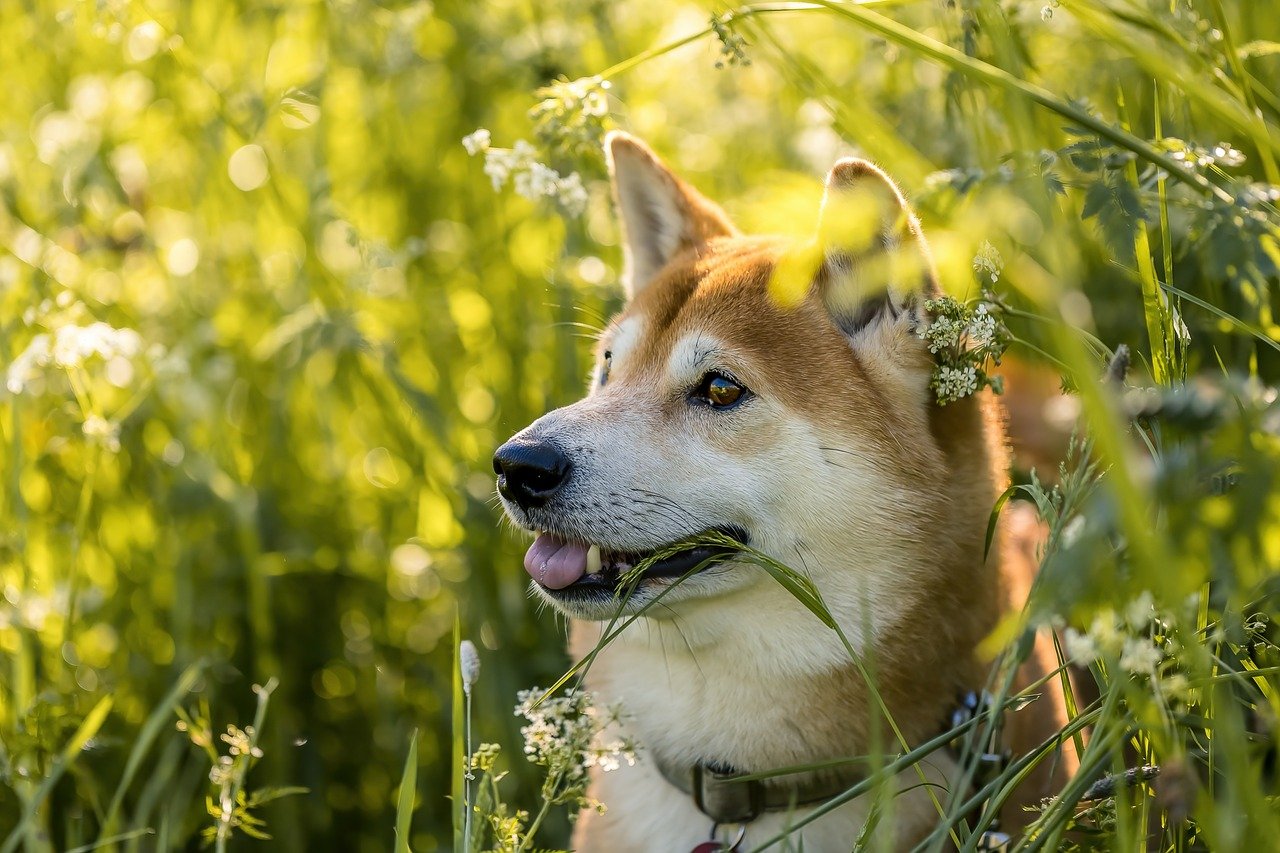
Shiba Inus have a reputation for being fiercely independent. Their fox-like faces hide a strong will and a mischievous streak. They often act like they’re doing you a favor by listening, and if they sense uncertainty, they’ll take charge in a flash.
Shibas communicate their stubbornness with clear body language—turned backs, aloof glances, and the famous “Shiba scream” if asked to do something truly disagreeable. Consistency and early socialization are key, but don’t expect total submission.
Dachshund: The Brave Little Digging Machine

Dachshunds might be small, but their personalities are anything but. Bred for hunting badgers, they’re determined and persistent, which translates to a dog who will argue with you about everything from bedtime to bath time.
Watch for subtle cues—like a stubborn refusal to move on walks or selective hearing when called. Keeping training sessions short and fun, with plenty of tasty rewards, helps channel their stubborn energy in a positive direction.
Jack Russell Terrier: The Energizer with Opinions
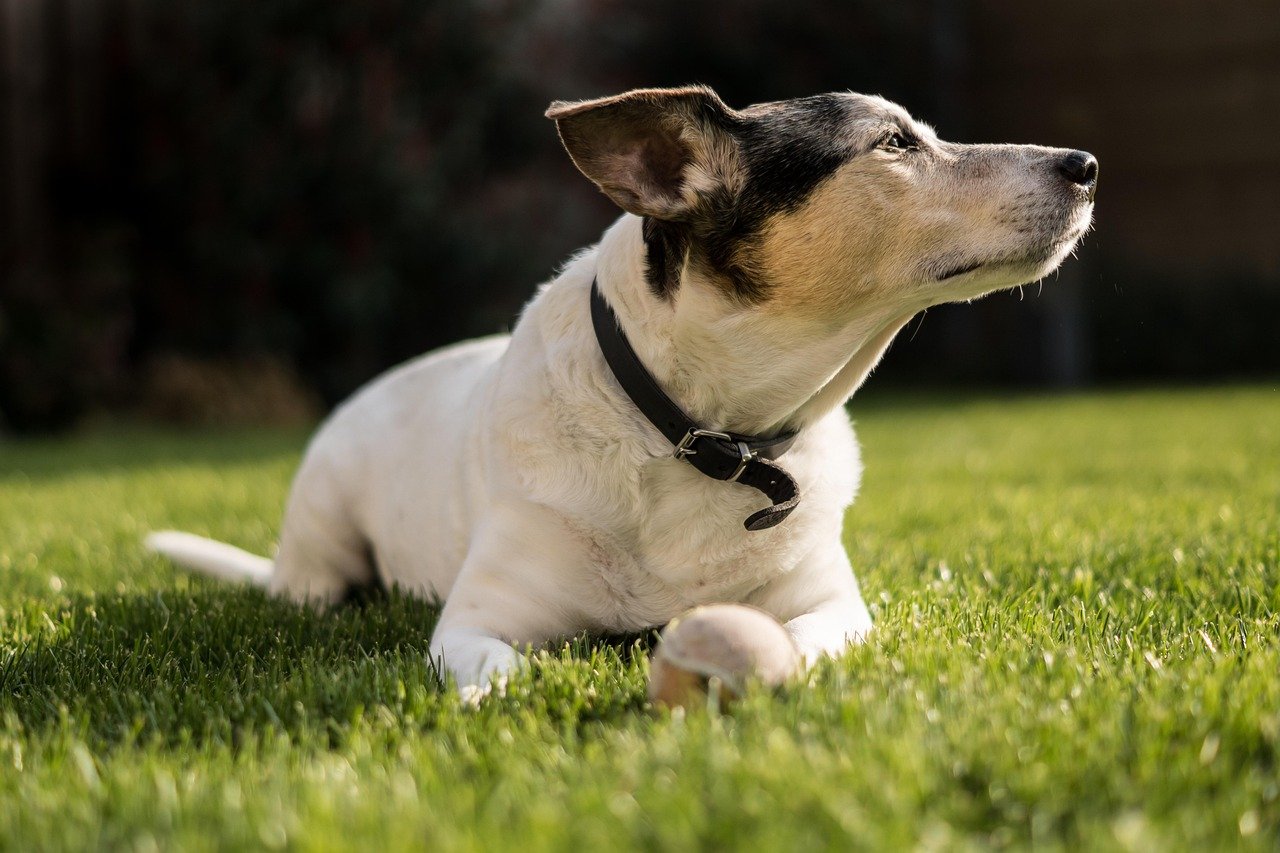
Jack Russells are high-octane dogs packed into compact bodies. They’re clever, quick, and always thinking one step ahead. If a Jack Russell doesn’t want to do something, you’ll know instantly; they might dart away, bark, or simply ignore you.
Mental stimulation is a must for these pups. They thrive on games, puzzles, and challenges. If you don’t give them a job to do, they’ll invent one—sometimes with chaotic results!
Beagle: The Nose Knows Best
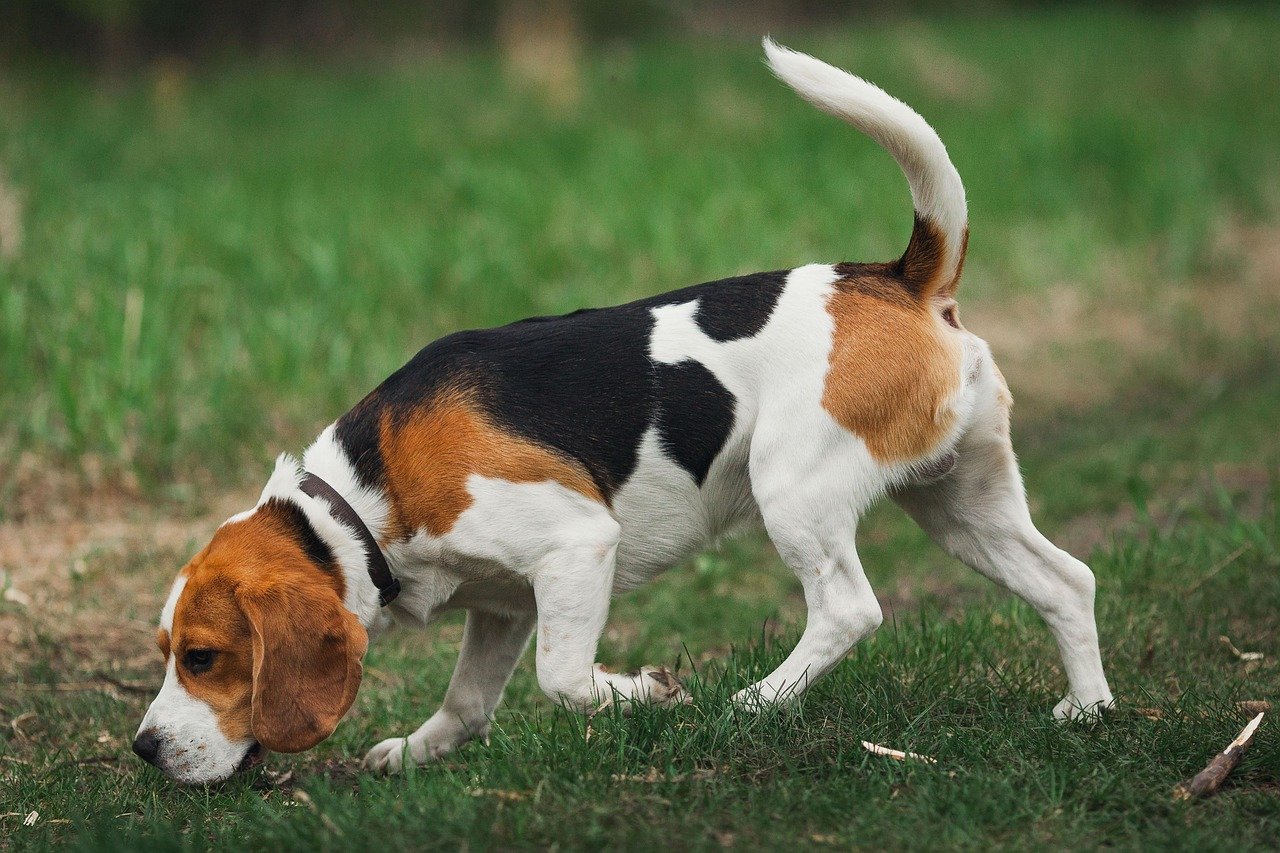
Beagles are ruled by their noses, and when they catch a scent, the world fades away. This single-mindedness makes them one of the most stubborn breeds, especially outdoors where distractions are everywhere.
Trying to recall a Beagle mid-sniff can feel impossible. Use high-value treats and practice recall in safe, enclosed areas. Their stubbornness isn’t defiance—it’s just a powerful sense of smell leading the way.
Akita: Silent Strength with a Mind of Their Own
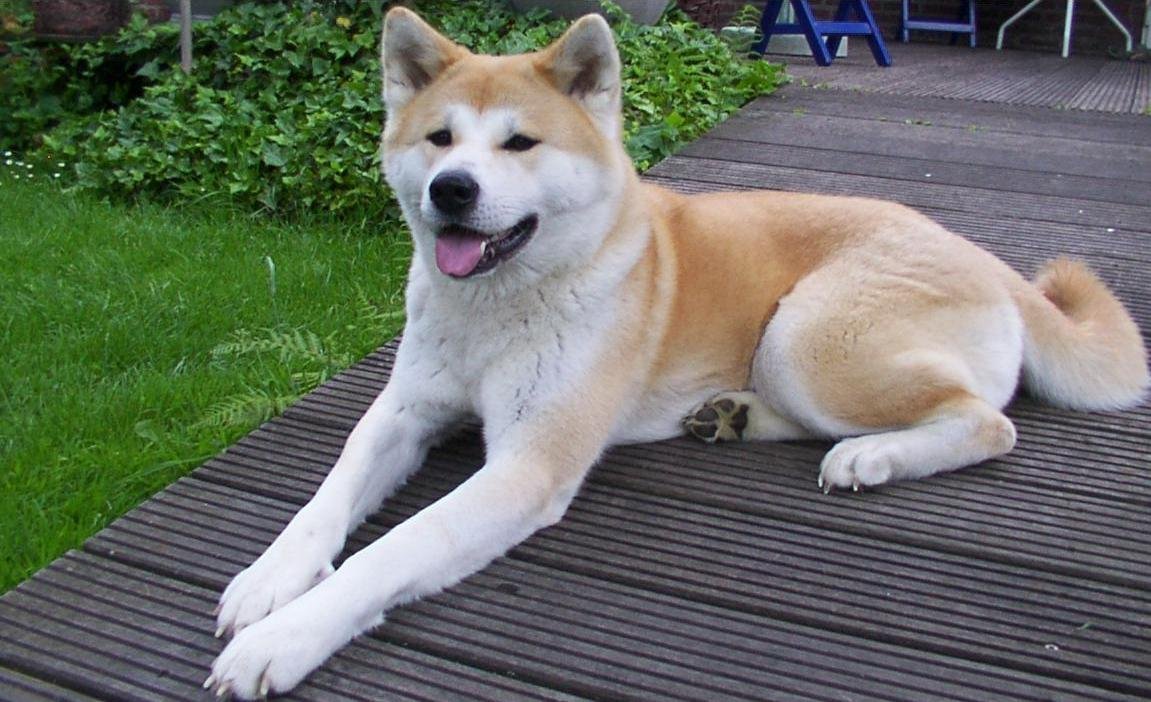
Akitas are dignified and reserved, often described as cat-like in their independence. They respect strong, consistent leadership but won’t blindly follow orders. If they sense weakness or inconsistency, they’ll set their own rules.
Socialization from a young age is crucial. Akitas need to feel part of the family structure, and they thrive when given clear boundaries. Respect their space, and they’ll respect yours.
Chow Chow: The Noble Rebel
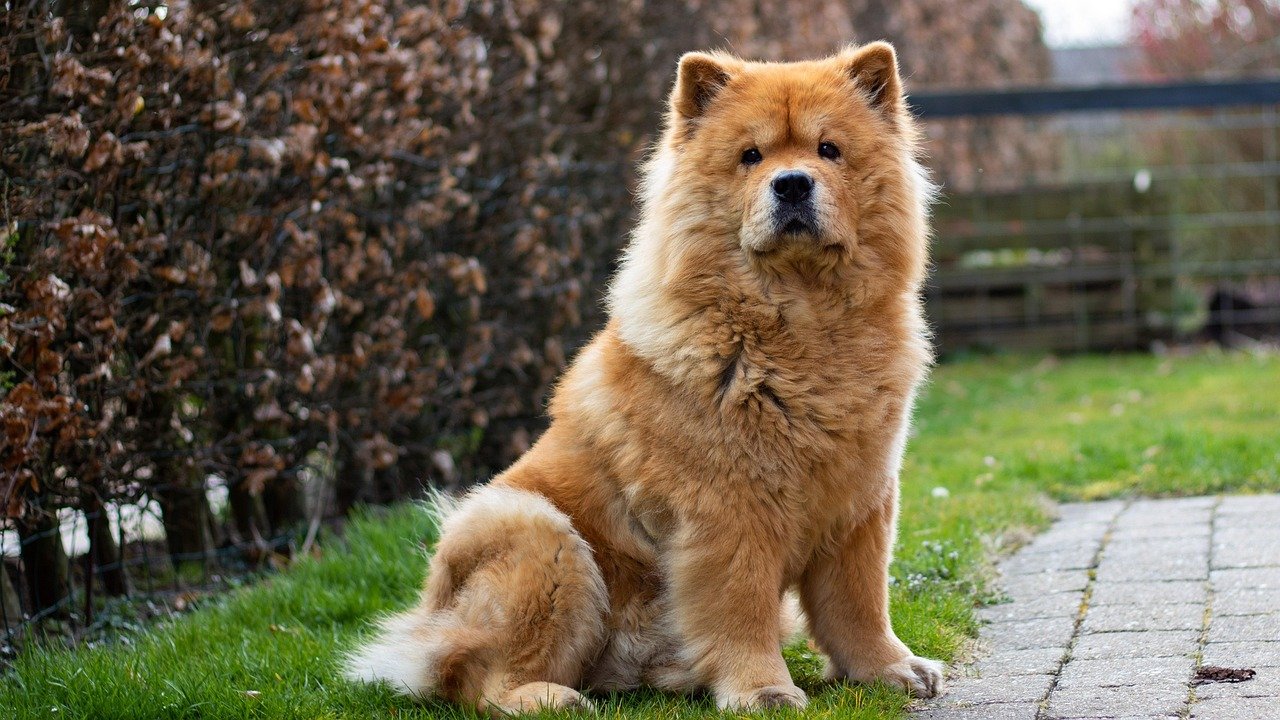
With their lion-like appearance, Chow Chows carry themselves with regal self-assurance. They aren’t eager to please like some breeds; instead, they weigh up requests and decide for themselves.
Chows can be reserved with strangers and stubborn about routines. Watch for body language—stiff posture or a turned head means “not now.” Consistency and gentle, firm handling are essential.
Basenji: The Barkless Trickster
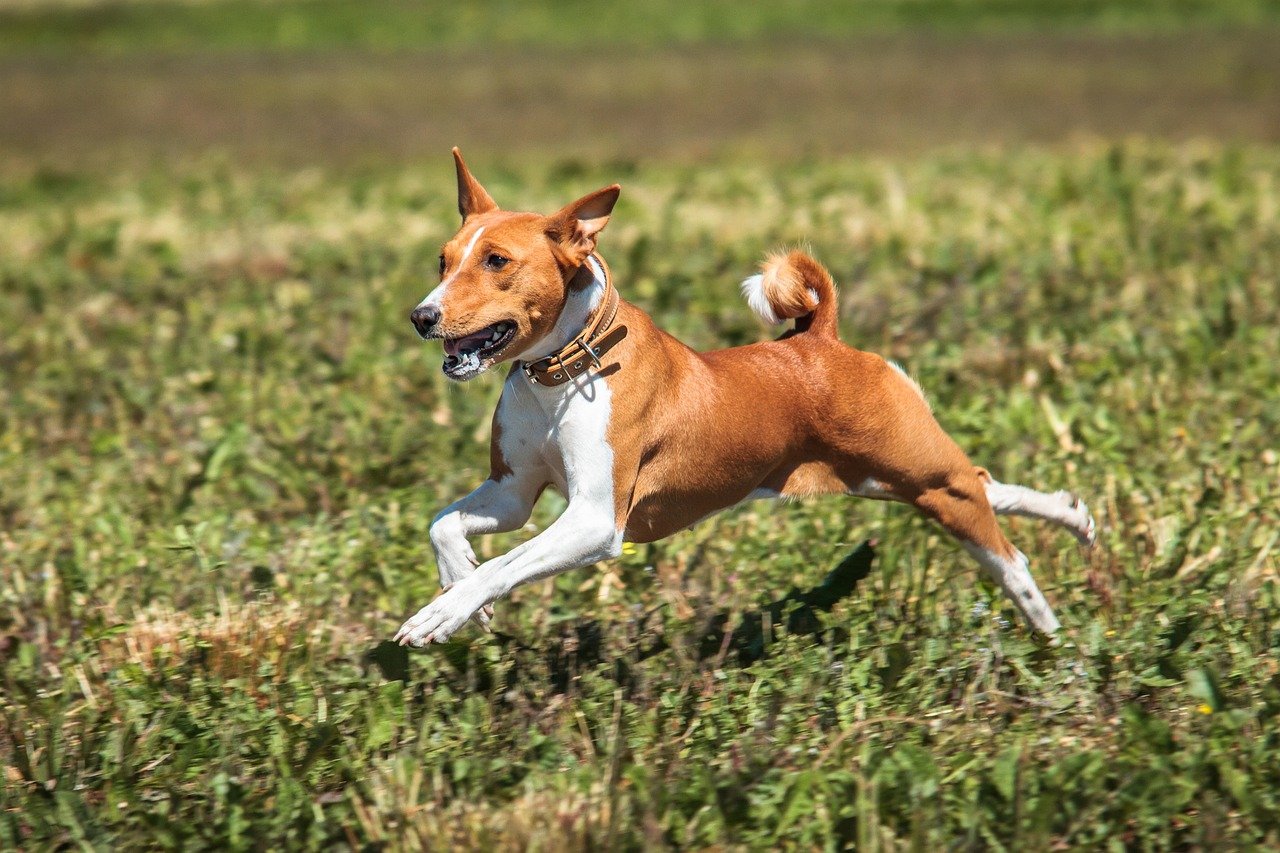
Basenjis are natural escape artists and love to challenge authority. Their stubbornness is legendary—they’re experts at pretending not to hear you, even when you know they can.
They communicate through yodels and expressive faces rather than barks, so pay attention to subtle cues. Secure fencing and engaging activities are necessary to keep their clever minds occupied.
Scottish Terrier: The Determined Digger
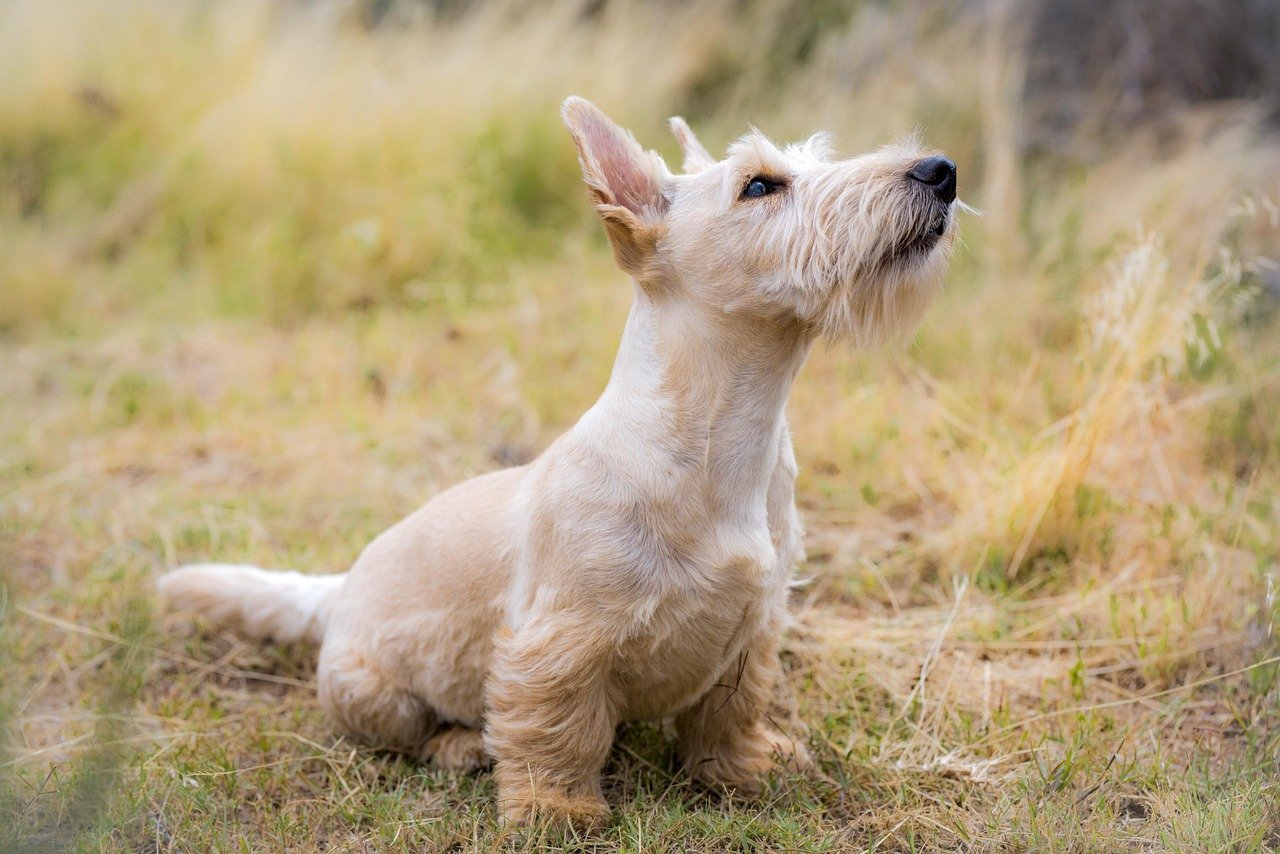
Scotties are independent and self-assured. They were bred to hunt and make decisions on their own, so taking orders isn’t in their DNA. You’ll see their stubbornness in refusal to come inside or a sudden fascination with a patch of dirt.
Short, positive training sessions work best. Use encouragement, not force, and always reward cooperation. Remember, a Scottie respects a leader who respects them back.
Siberian Husky: The Free Spirit
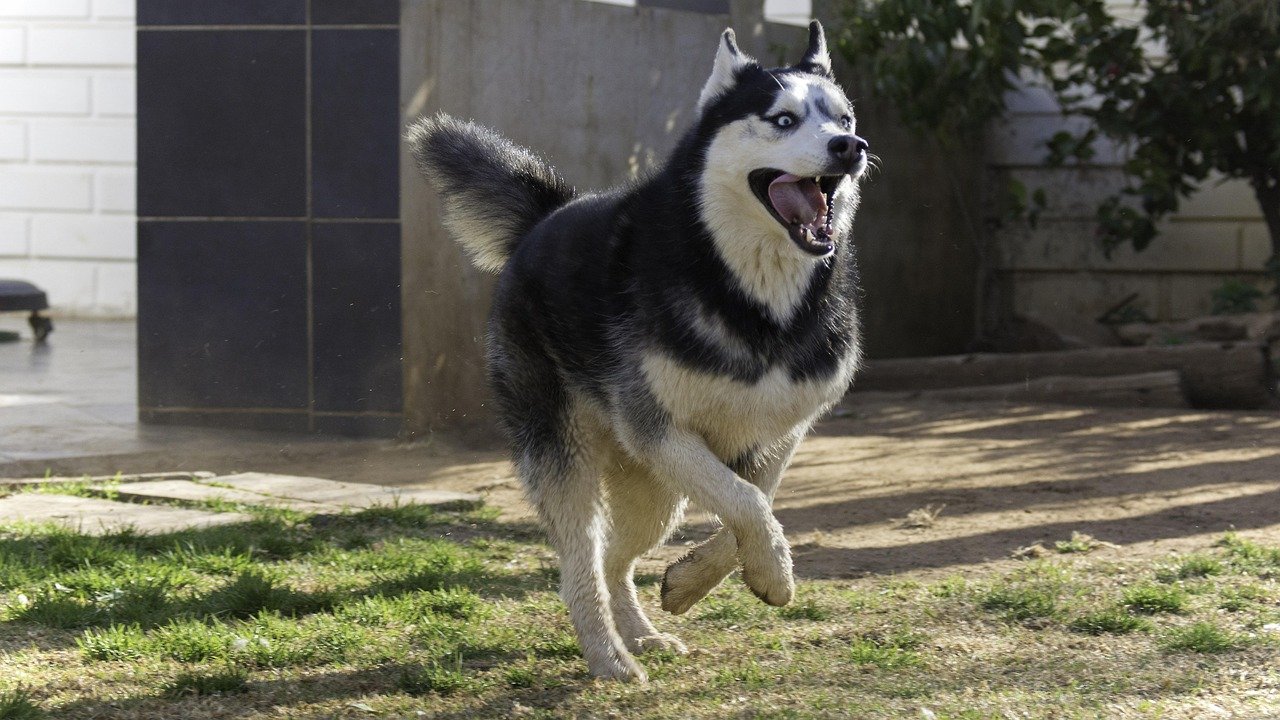
Huskies are notorious for their stubborn independence. They love to run, pull, and explore, often “forgetting” basic commands when adventure calls. A Husky who wants to go left will dig in and pull until you’re both spinning in circles.
They need plenty of exercise and mental stimulation to stay happy. Secure yards and long walks help, but remember—a bored Husky is a Houdini in disguise.
Labrador Retriever: The Loyal Learner
Labradors are known for their eagerness to please. They tune in to your emotions and want nothing more than to make you happy. Labs quickly learn commands and thrive on positive feedback.
Their sensitive nature means harsh corrections can backfire. Gentle guidance and encouragement bring out their best, and they’re always up for new challenges.
Golden Retriever: The Sunny Sidekick
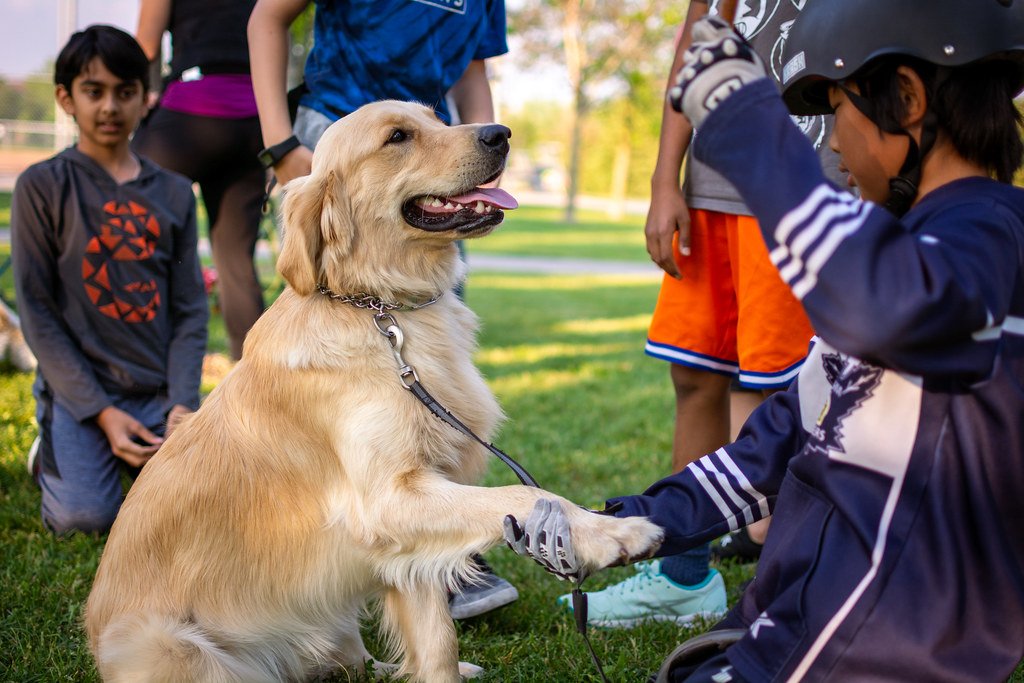
Golden Retrievers are the definition of “ready to please.” They read your body language and anticipate your needs, making them natural therapy and assistance dogs. They love learning new tricks and rarely resist direction.
Goldens need regular exercise and mental stimulation to keep their spirits high. They bond closely with their people, and a kind word or a pat is all the reward they need.
Border Collie: The Workaholic Wonder
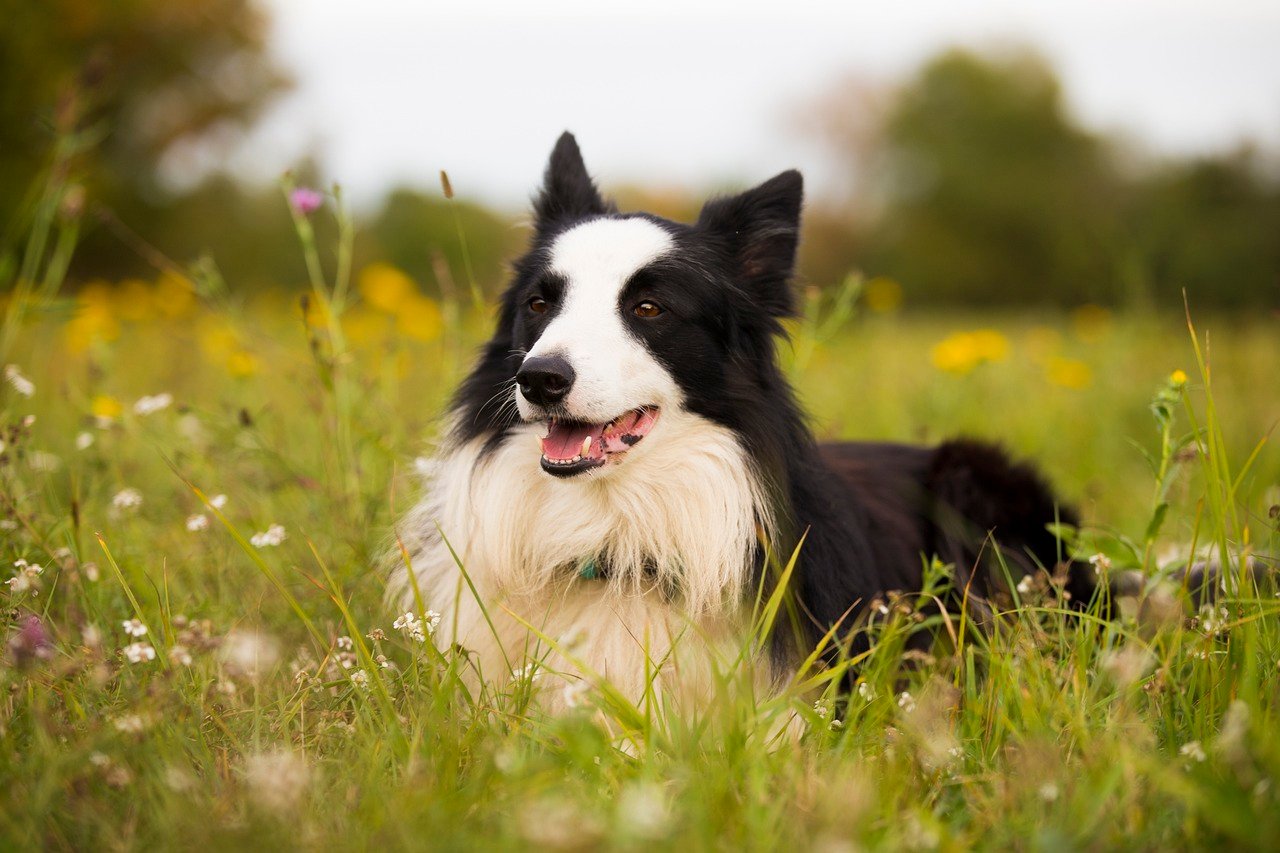
Border Collies are famously intelligent and crave direction. Give them a job, and they’ll dive in with enthusiasm. Without guidance, they might invent their own games—sometimes herding the family cat!
These dogs are happiest when mentally and physically engaged. Training sessions, agility courses, and even simple fetch games keep them focused and content.
Papillon: The Perky Partner
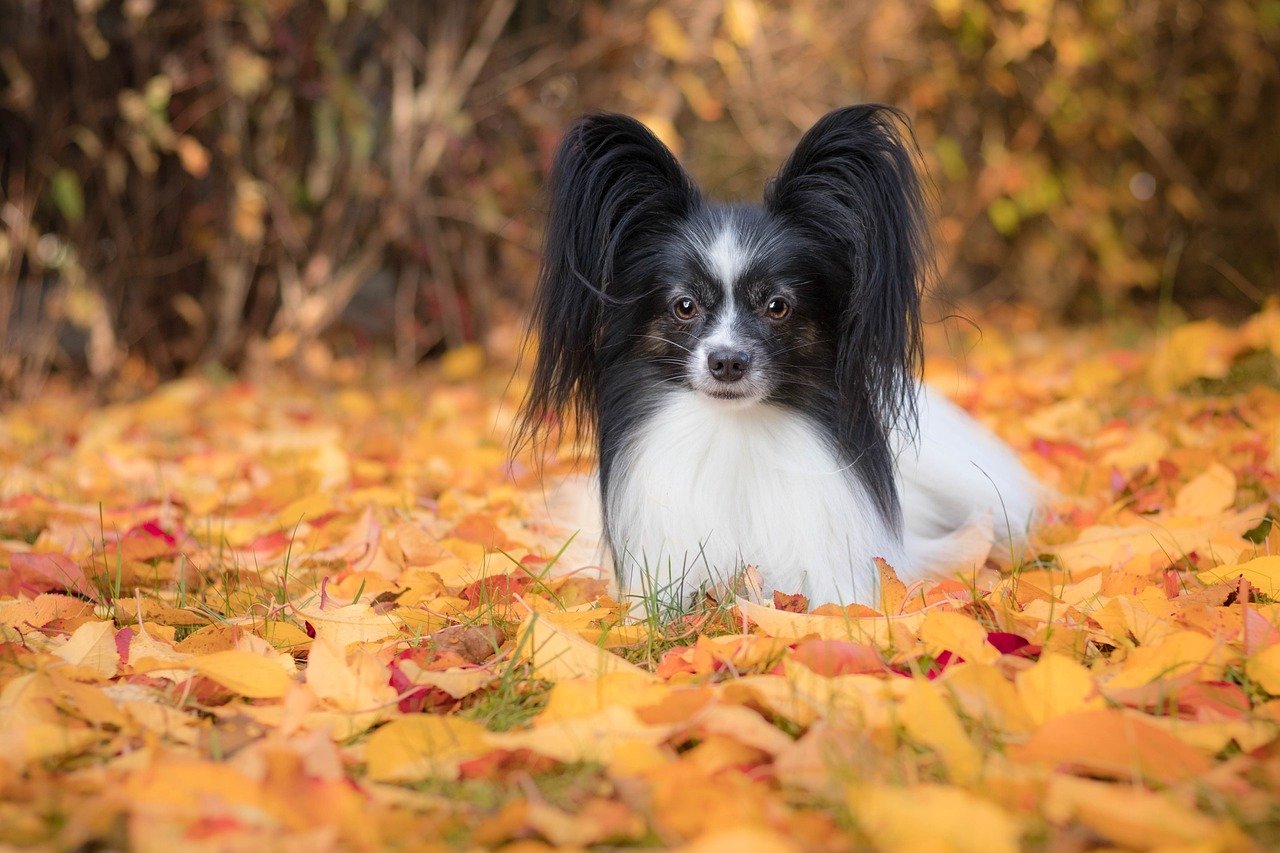
Don’t be fooled by their delicate looks—Papillons are quick learners who love to work with their humans. They respond well to positive reinforcement and eagerly follow commands, making them a joy to train.
Their alertness and spunky attitude mean they’re always up for a new trick. Keep sessions light and fun, and you’ll have a loyal, lively companion by your side.
Poodle: The Clever Companion
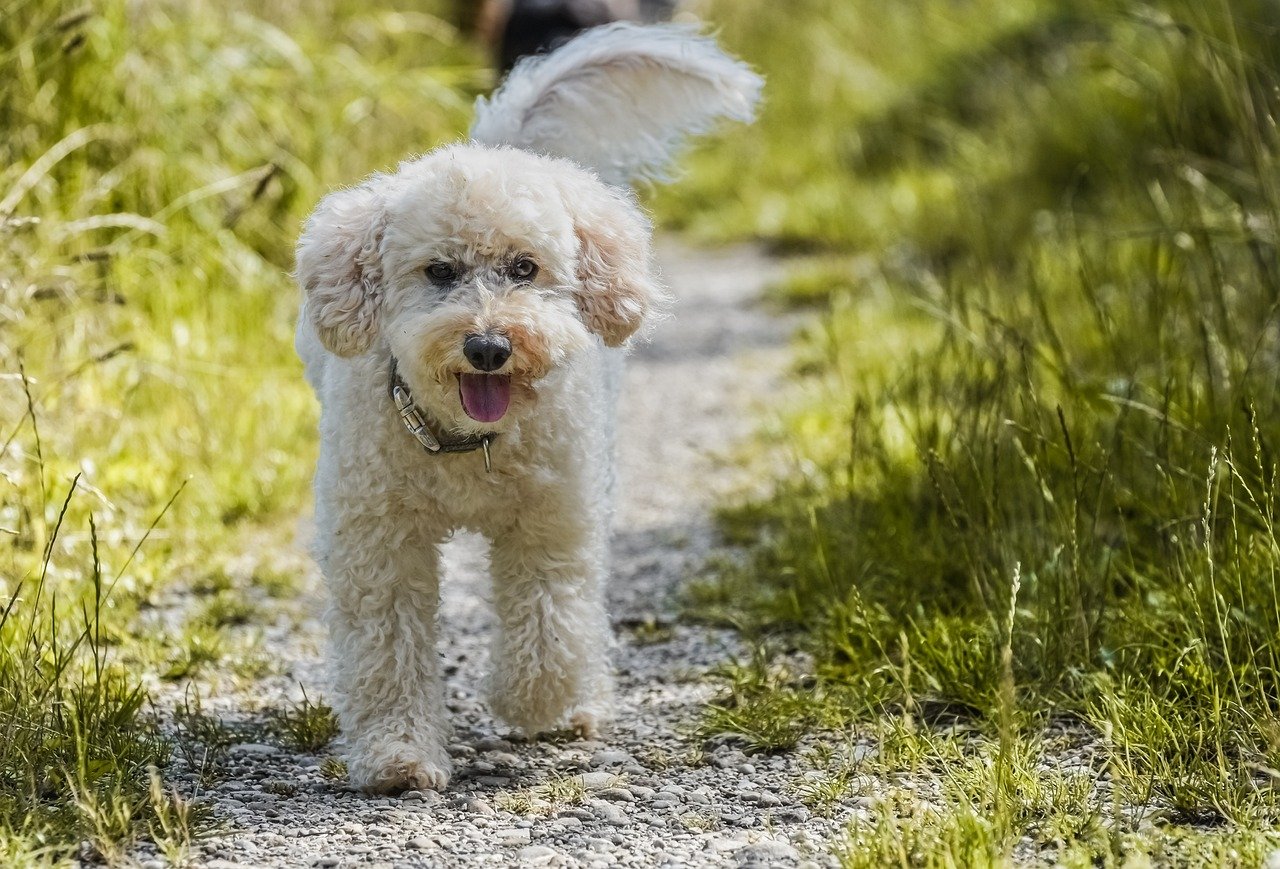
Poodles of all sizes are people-oriented and thrive on structure. They’re quick to pick up new commands and love to show off their skills. Their intelligence means they can outsmart an inattentive owner, so keep things interesting!
Regular training, variety in routines, and lots of praise keep a Poodle happy and focused. They form deep bonds with their families and are always ready to join in on the fun.

Esther is from India; the heartbeat of South Asia, holding a Master’s degree in Zoology and a postgraduate diploma in Animal Welfare. Her enthusiasm for animal welfare drives her passion and dedication to working for animals, ensuring their well-being, and advocating for their rights. With a solid academic background and hands-on experience, she is committed to making a positive impact in the field of animal welfare. In her free time, she enjoys embroidery and sewing. As a Chennaite from Tamil Nadu, Esther loves Bharathanatyam, an Indian classical dance form.

